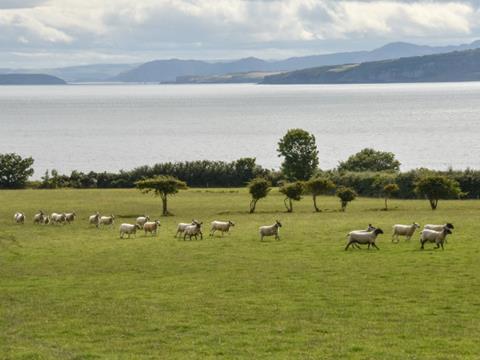
Britain’s sheep industry could be badly damaged by a no-deal Brexit, despite the government’s commitment on import tariffs, experts have warned.
The government confirmed on Wednesday it would maintain the status quo on sheepmeat import tariffs in the event of a no-deal Brexit, with no change from the EU’s current MFN rates. Frozen lamb carcases, for example, would have an import tariff of 12.8% + €128.8/100kg, giving UK producers a degree of protection against a flood of cheap imports into the market.
“NSA is extremely pleased to see the government recognising the importance and sensitivity of our sheep farming industry, and we welcome the release of the schedule, which provides us with some security,” said National Sheep Association CEO Phil Stocker.
However, Australia and New Zealand - the biggest importers of sheepmeat to the UK - would maintain their tariff-free access under agreed WTO quotas. And a no-deal Brexit would still mean UK farmers would face high tariffs to export to the EU.
In 2018, the UK exported more than 80,000 tonnes of sheepmeat to the EU, which accounted for about 95% of UK exports of it [AHDB]. So the “massive” WTO tariff on lamb exports would have a “dramatic impact” on the sheep sector, warned British Meat Processors Association director Nick Allen.
High export tariffs would likely deal a big blow to demand for UK sheepmeat from the EU, agreed Stocker. “This means we may still be in the situation in a few months’ time, where our domestic markets may become flooded, driving the price of lamb down,” he warned.
“This would be very bad news for our producers, but for retailers and processors too as many will have forward-purchased lamb for the spring and early summer period and may face a challenging retail market.”







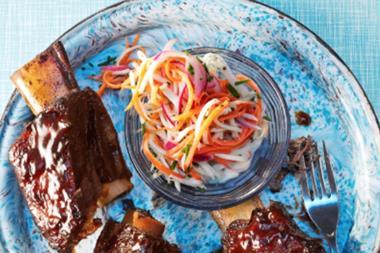
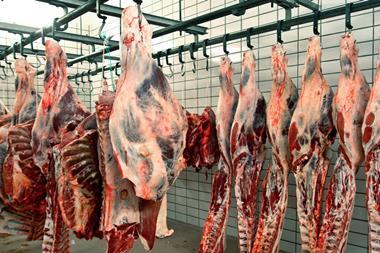
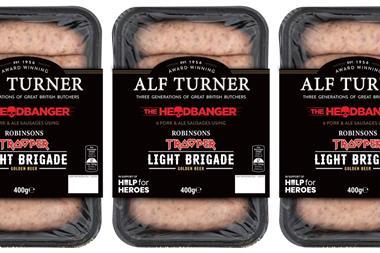
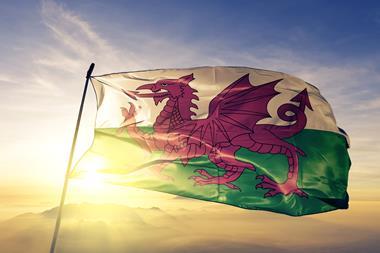

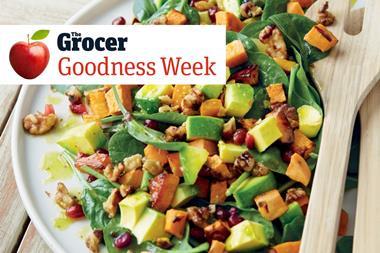
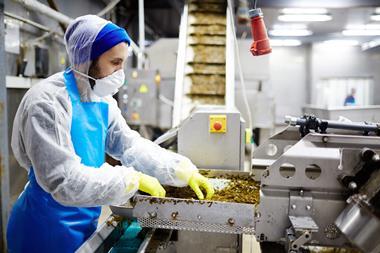
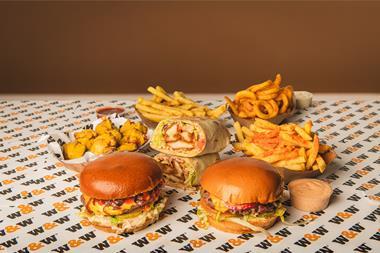
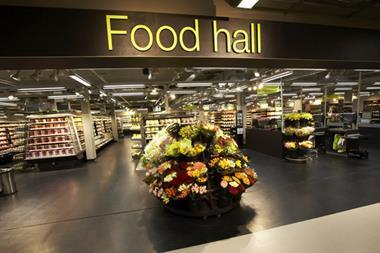
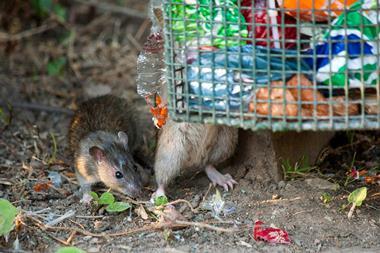

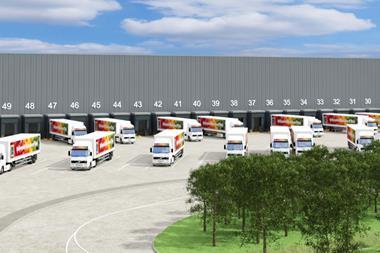
No comments yet